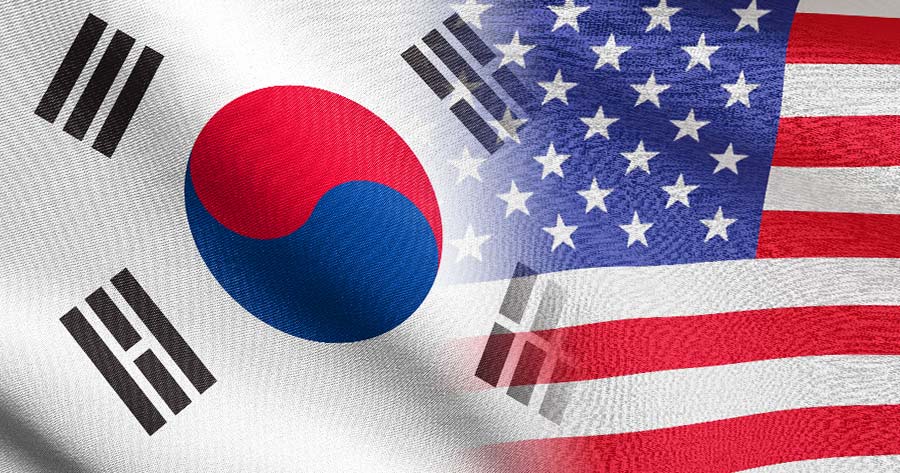The United States has established a new trade agreement with South Korea, reducing tariffs on imports from the Asian nation to 15%, down from the previously threatened 25%.
This move, announced after a White House meeting between President Donald Trump and South Korean officials, aims to de-escalate trade tensions with an important economic partner ahead of Trump’s August 1 deadline for a series of new tariff implementations.
South Korea, known for its significant exports of semiconductors, automobiles, and steel, secured these terms as part of broader negotiations that also tested the diplomatic acumen of its newly inaugurated President Lee Jae Myung.
The new arrangement provides a more stable outlook for South Korean exports and aligns U.S. tariffs with those imposed on other major competitors. President Lee noted that the agreement removes substantial uncertainty for South Korean exporters.
The deal goes beyond tariffs, including commitments by South Korea to invest $350 billion in U.S. projects prioritized by the Trump administration and to purchase $100 billion in U.S. liquefied natural gas and other energy products.
Of the planned investment, $150 billion will be allocated to shipbuilding, while the remaining $200 billion will target strategic sectors such as semiconductors, nuclear energy, batteries, and biologics. Some of these investments will be sourced from existing plans by South Korean companies, with oversight provisions to ensure accountability in fund use.
As part of the agreement, South Korea will allow U.S. cars, trucks, and agricultural products into its market with no import duties attached. The new tariff on South Korean vehicles entering the U.S. will be set at 15%, and the country’s semiconductor and pharmaceutical exports will face the same treatment as those from other nations.
However, steel, aluminum, and copper are excluded from the deal and will remain subject to current tariffs. While U.S. officials stated that non-tariff agricultural barriers would be removed, South Korean authorities clarified that rice and beef markets would remain protected.
Key South Korean economic ministers traveled to Washington to finalize the details prior to the announcement. The push for an agreement intensified after Japan negotiated similar tariff relief earlier in the month.
In parallel with government negotiations, leading South Korean firms secured major deals with U.S. corporations. Samsung Electronics finalized a $16.5 billion contract with Tesla for chip supplies, while LG Energy Solution agreed to provide $4.3 billion worth of energy storage system batteries to the American electric vehicle manufacturer.





